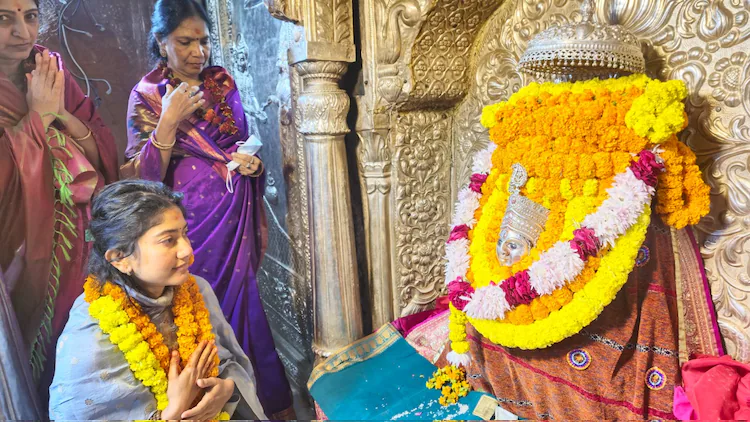In recent years, China’s treatment of its Muslim population, particularly the Uyghur Muslims in Xinjiang, has sparked international outcry and condemnation. A recent investigation by UK’s Sky News sheds further light on the escalating control exerted by the Chinese government over Islamic practices within the country. The report exposes the mounting restrictions and pervasive surveillance faced by Muslims, especially in regions with significant Islamic populations.
The chilling scene depicted in the report unfolds in a desolate part of central China, where a local Muslim leader stands solemnly in the courtyard of a small mosque. His lamentation echoes a harsh reality: “Religion is dying,” he mourns, underlining the severe constraints imposed by Chinese authorities on religious activities.
The Chinese government’s efforts to monitor and restrict Islamic practices have intensified in recent years. Mosques, deemed non-compliant with governmental architectural standards or too conspicuous, have been subject to demolition. Concurrently, traditional Islamic attire, including headscarves and long beards, has been banned in certain areas as part of a broader assimilation campaign aimed at integrating Muslims into the predominant Han Chinese culture. Moreover, Islamic texts have been censored, with content perceived as promoting extremism or dissent expunged to fit the state’s narrative.
Central to the state’s control apparatus is an extensive surveillance network that monitors Muslim communities. Utilizing high-tech surveillance systems, such as facial recognition cameras, regions like Xinjiang, home to a significant Uyghur Muslim population, are under constant scrutiny. These systems meticulously track individuals’ movements and behaviors, ensuring strict compliance with government regulations.
The ramifications of these draconian measures extend deep into the fabric of daily life for Muslims in China. Religious education for children has been severely curtailed, with many religious schools shuttered. Additionally, community leaders and imams are mandated to participate in government-run re-education programs, coercing them to propagate state-approved messages.
The international community has voiced profound concern over China’s treatment of its Muslim population. Human rights organizations have unequivocally condemned these actions, urging greater transparency and respect for religious freedoms. In response, the Chinese government asserts that these measures are indispensable in combating extremism and safeguarding national security.
As the world bears witness to China’s crackdown on Islam, it becomes increasingly imperative for nations and global bodies to uphold the fundamental principles of human rights and religious freedom. The plight of China’s Muslim population underscores the urgent need for concerted international action to hold the Chinese government accountable for its egregious violations of basic human rights.
READ MORE : ‘All Eyes On Rafah’ Post Draws Global Attention : Shared Over 44 Million Times On Instagram
















